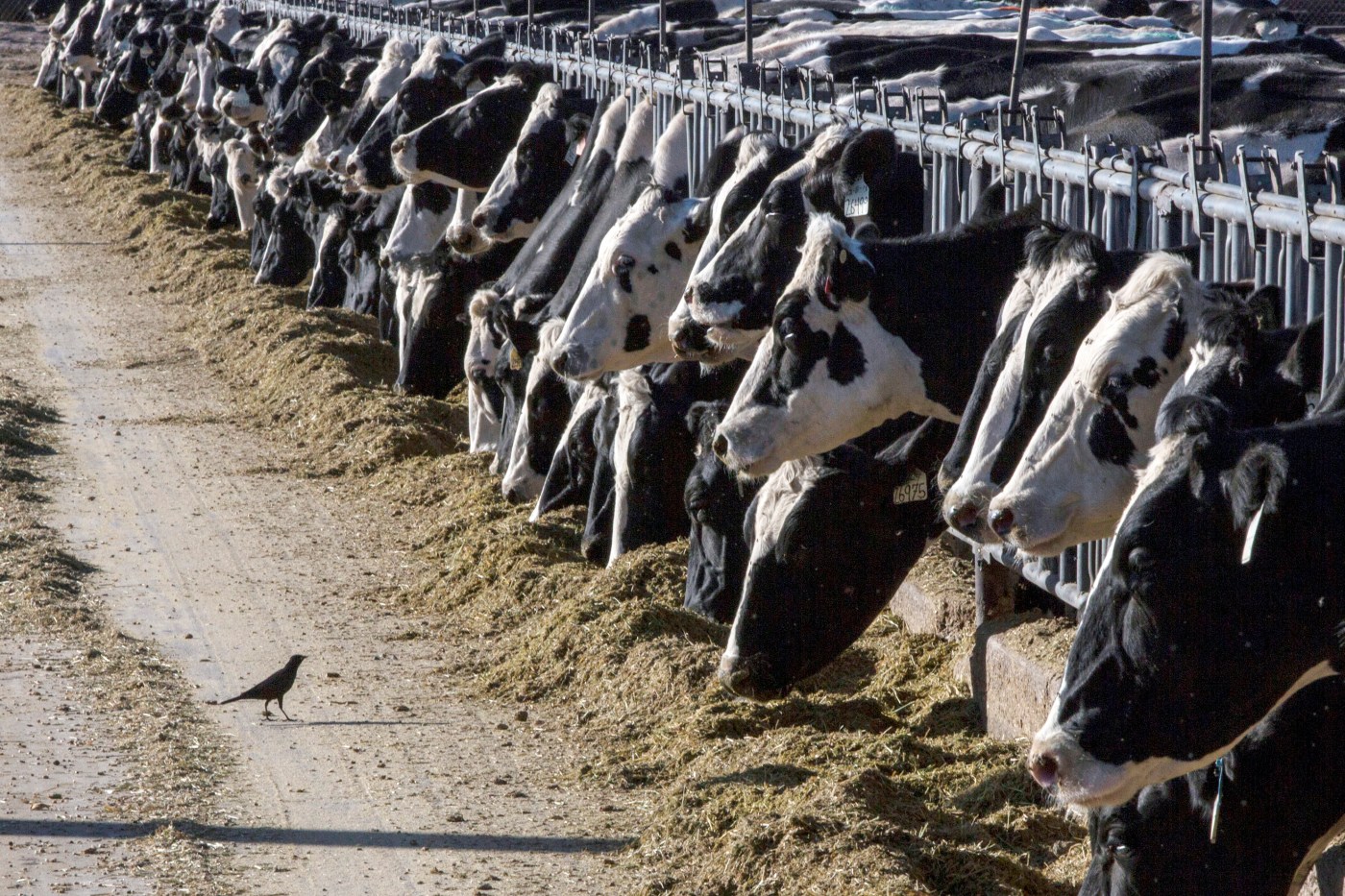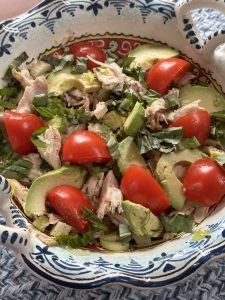
Editorial: Will spiking price of meat & dairy save the planet?
Steaks and shakes are the new SUVs.
It’s all those cows, contentedly mooing while producing billions of pounds of planet-warming methane. The World Bank has a solution.
In a new paper, the international financial lender suggests repurposing the billions rich countries spend to boost CO2-rich products like red meat and dairy for more climate-friendly options like poultry, fruits and vegetables.
As Politico reported, the bank suggests that governments can reorient subsidies for red meat and dairy products toward lower-carbon alternatives. The switch is one of the most cost-effective ways for wealthy countries — estimated to generate roughly 20% of the world’s agri-food emissions — to reduce demand for highly polluting food, it argues.
Cost effective for who?
The bank admits it would essentially price climate impact into food costs.
That sirloin you can’t afford today because of inflation would be permanently out of reach should this idea ever see the light of day. Cheese, milk and ice cream will be for the 1%.
“We have to stop destroying the planet as we feed ourselves,” Julian Lampietti, the World Bank’s manager for global engagement in the bank’s agriculture and food global practice, told Politico.
Demand for meat and dairy products comprises almost 60% of agri-food emissions. Of course, saving the planet is important, but actions don’t happen in a vacuum.
Behind those CO2 emitting cows are cattle ranchers and dairy farmers. What will happen to the industry if they are essentially priced out of it? Some would remain to supply the needs of those who can afford a $100 rump roast and well-heeled Edam aficionados, but for ranchers who supply the meat for fast food burgers and the ground beef destined for Hamburger Helper, their future would be grim.
Milk production in the U.S. is a $59 billion a year industry. Cattle accounted for $86.1 billion to the U.S. economy in 2022, according to the USDA.
What will happen should those numbers plummet, as can be expected should meat and dairy prices rise in the battle against climate change? Considering the deficit our country faces, planning to undercut revenue-producing industries is a risky move.
Lampietti warned against too much focus on “what you shouldn’t do,” encouraging more attention “on what you should do.” Food is an “intensely personal choice,” he added,.
Should government make the choice for us by finagling subsidies to favor produce and poultry over meat and dairy?
Lampietti added that he fears that what should be a data-based debate may be turned into a culture war battle.
Of course it will. People aren’t data. Especially in a country that prides itself on freedom of choice, a food price barrier where meat is for the elite and the rest get chicken or plant-based options is a de facto setup for a culture war.
If we can come up with a way to make a faux burger taste like the real thing, then solutions can be found to cut global emissions without increasing the chasm between the have and have-nots.
Editorial cartoon by Steve Kelley (Creators Syndicate)


